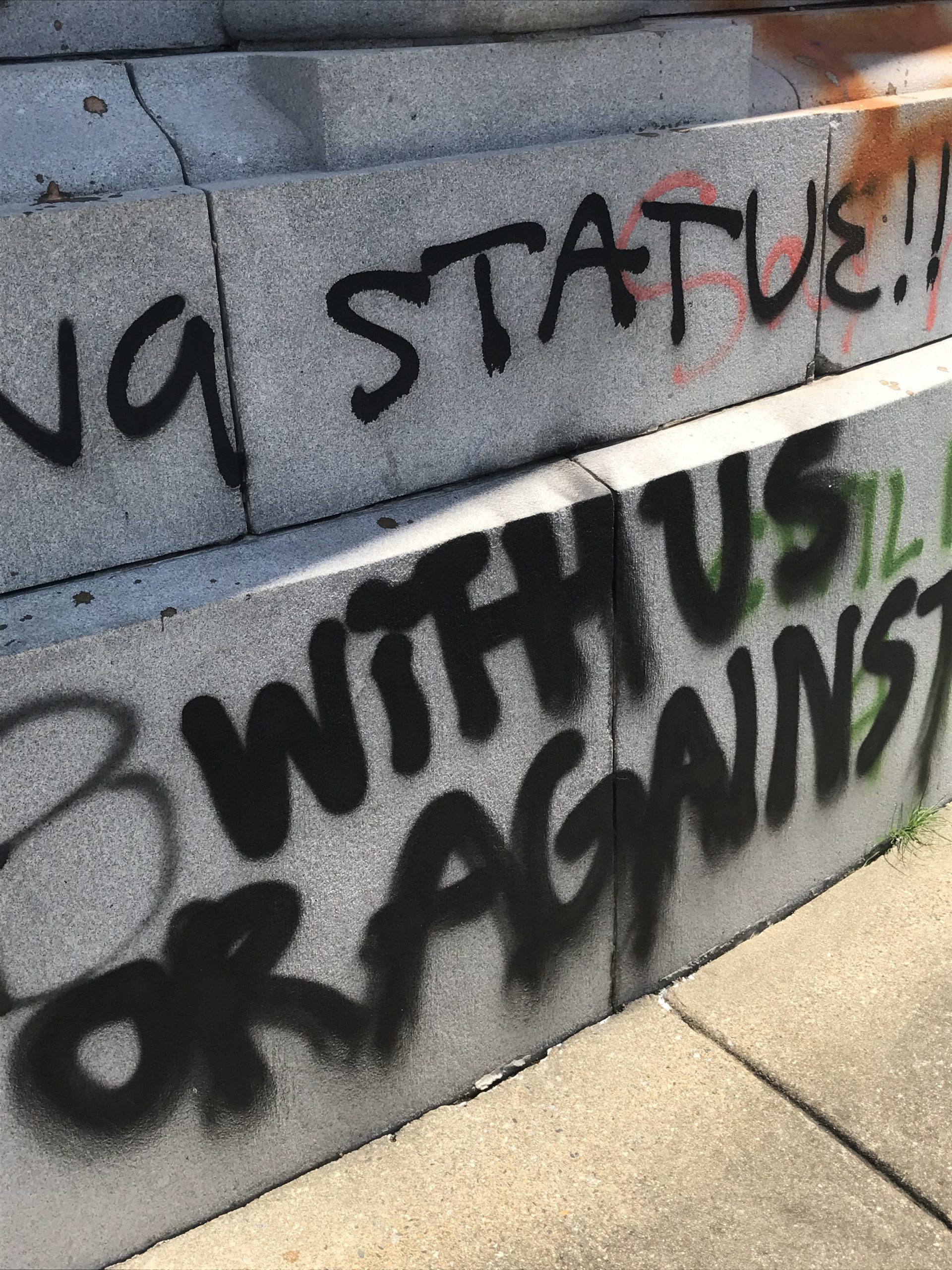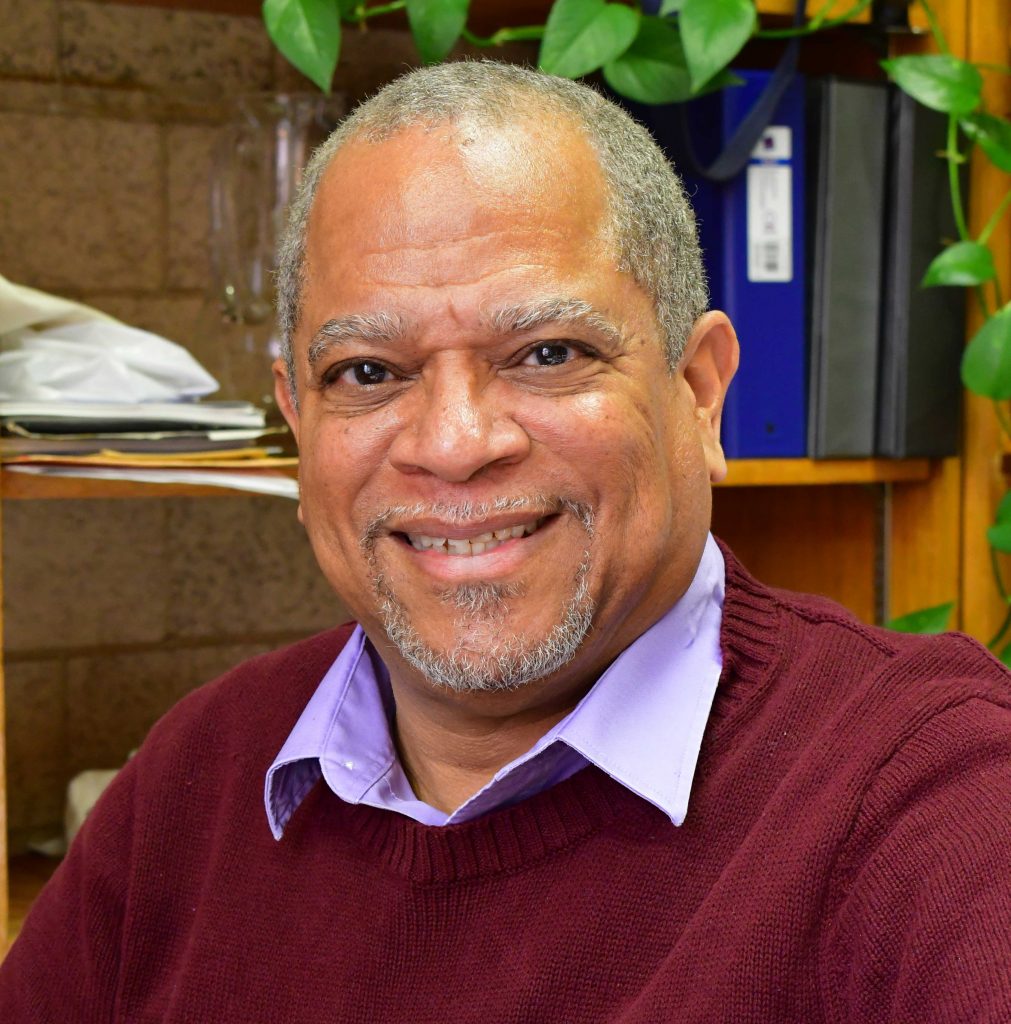
An Open Memo to My Colleagues in the Community of Architecture
A cellular company once popularized the commercial phrase, “can you hear me, now?” For years, there has been a credible, audible but unheard plea from the depths of the soul of a segment of the American family that there is an injustice that has been perpetual and persistent. America has not listened because it only impacted a small number of our family members. Occasionally there was an uprising, when tensions from the injustice rose to a boil, but they were quickly squashed.
In the struggle for equity, diversity, and inclusion, we must understand that the powerless will never be in a position to make real substantive change. Our American family, and my Architecture family, have a real problem with racism; it is an evil and ugly virus that has plagued our nation for 401 years.
Our nation was built on many principles, most of them laudable and admirable. But one undeniable fact is that America’s prosperity has been borne and continues to thrive on the idea that some lives are not valued as much as others. It is why Black men, women, boys, and girls can be brutalized and murdered with impunity, whether or not they present a threat to those who are better armed and better trained to address injustice or challenges to authority — whichever they chose to hear. Racism is real and unrelenting. Unfortunately, those who are victimized by this insidious disease are not the ones infected by it. It is a family disease and its morbidity uncommonly impacts one segment of our family. It is in our genes, running unrestrained through our national DNA, with no scientist seeking cures or treatments, because those with power have the disease. And, those with the disease don’t understand how they could ever suffer from it … until there is unrest.
Today, we are at another boiling point. Tempers are heightened, and the cry for justice is overwhelming. And America, our family, is watching with anxiety and concern. We deplore the violence; we are shocked at the level of unrestrained looting and destruction; we want something to be done to make things safe in our cities, like we had become accustomed to. Our world is already reeling with COVID-19 and our businesses are suffering; this unrest is not going to help!
So, where do we go from here? I suggest that there are three priorities that must be embraced by our professional community: the architecture family. The first is the simple reality that one of the primary reasons that so few African Americans practice architecture is racism. That is a hard first step, but let’s examine racism by its definition. It is the active or inactive effort employed by a dominant race to exert its position of power over another race to subjugate or control the opportunities available to the latter. It is using race as the marker to disenfranchise another race. It is not always done consciously and may even be unintentional. Racism is the result of bias and bigotry. We are not all bigots, but we all have biases. Overcoming racism requires that we acknowledge and confess our biases and explore how those biases may have adversely affected an entire segment of our community family. Much of the positive discussion in our profession was generated by a growing and prosperous economy that afforded the privileged the opportunity to be generous. But fighting racism isn’t how you respond in good times; it is what you do in the moments of heat, confusion, anxiety, and fear. It is how you respond when your commissions are in limbo and your profits are at risk.
Secondly, if we can identify those conscience and unconscious actions, we must make a determined, thoughtful, and committed effort to undo both the actions and their impacts. Our efforts must be intentional and embedded in the culture of our workplaces. Diversity, inclusion, and equity can’t be buzzwords. Empty rhetoric and pious platitudes created the chaos and unrest that we see on our streets. Those of our family who sit in more privileged seats at the table (meaning that those who are able to influence the political, social, and economic structures) must acknowledge that they have a responsibility to be advocates for immediate and substantive change. That change must be in policy and practice. We must be willing to hear the voices of the marginalized and victimized; but not just hear them, we must listen with open hearts, open minds, and open wallets. Change is never free, and it costs more than change.
We must demand that our Human Resource professionals embrace a sense of educational and cultural preparedness. We must train our staff to recognize and root out bigotry in the workplace, in all of its forms. We must employ measures to address the systemic concerns of our African American employees. Many of the large firms in our family are in metropolitan areas where the daily ritual of life can be a torment for some. As employees are relocating to our city, we must let them know that there is a network that they can depend on for relief, support, and backup when they are confronted with the adversities of being Black in America. Our place of business must be a safe haven — not a sweat shop — for young men and women who, right now, can’t always discern ally or enemy, friend or foe.
Finally, we must make it clear that we will always be advocates for justice, no matter how it impacts our bottom lines. We have to pick up our signs and march. We have to register and vote. We have to make our political contributions count; those who receive our support must know that how they legislate will determine how we give. Justice isn’t black or white, it isn’t liberal or conservative, it isn’t even left… it is only right. Most architects are influential and respected members of the communities where we live and practice. We have to capitalize on our community status for the wellbeing of our family. We must make sure that the journey from home to work and back home is safe, and that there are no communities that our family members aren’t allowed to call home or journey to without being harassed, targeted, or treated with suspicion.
Well, family, what are the streets telling you? What message do you hear from the broken glass and looted shelves? What are the ashes of burned out buildings screaming to you? Are those shattered businesses telling you that they need protection? Are they suggesting that they need armed and militarized aid to keep them secure? What do the thrown bottles and bricks say to you about the struggle they are experiencing when flung through the air by mindlessness? Are they asking for our elected leaders and their agents to get tougher on the perpetrators?
That is what most of our family members hear. We continue to be deaf to the voices of those whose lives were terminated by injustice. We don’t hear the voices of the young marginalized men who feel We want justice; but, for who? Martin L. King, Jr. once said in a speech denouncing rioting, that “riots are the cries of the unheard.” And those who have been crying out for days, years, months — even centuries — want to know, simply, “Can you hear me, now?”
I have a 27-year-old son who recently moved to Los Angeles. From his ancestors he inherited a brilliant mind. From his mother, he inherited good looks and compassion. From me, he inherited a sharp tongue and brown skin. I pray every day that I did not confer upon him a death sentence. He has an occasion to speak his mind to people he has no influence over. Wherever he has lived in the past, be it his birthplace of Richmond, Va. or Boston, Ma., where he received a stellar education, he has been confronted by those sworn to protect and defend him and treated like he doesn’t belong.
Many of my American family members don’t know the fear of wondering where your child is every evening or if he is still alive each morning. They don’t understand how a young man graduating from a prestigious school with a 3.6 GPA can be a threat to anyone. I can’t afford to be patient, because my son’s life and the lives of the students I teach to be of value to our profession hang in the balance. My son needs you to be his advocate, because his father is totally powerless to ensuring that he is heard, respected, and valued. My son needs to know that when he and his peers speak, that you can hear him.
About the Author

Robert L. Easter, FAIA, is the President of KEI Architects in Richmond, Va., and Chair of the Department of Architecture at Hampton University.
